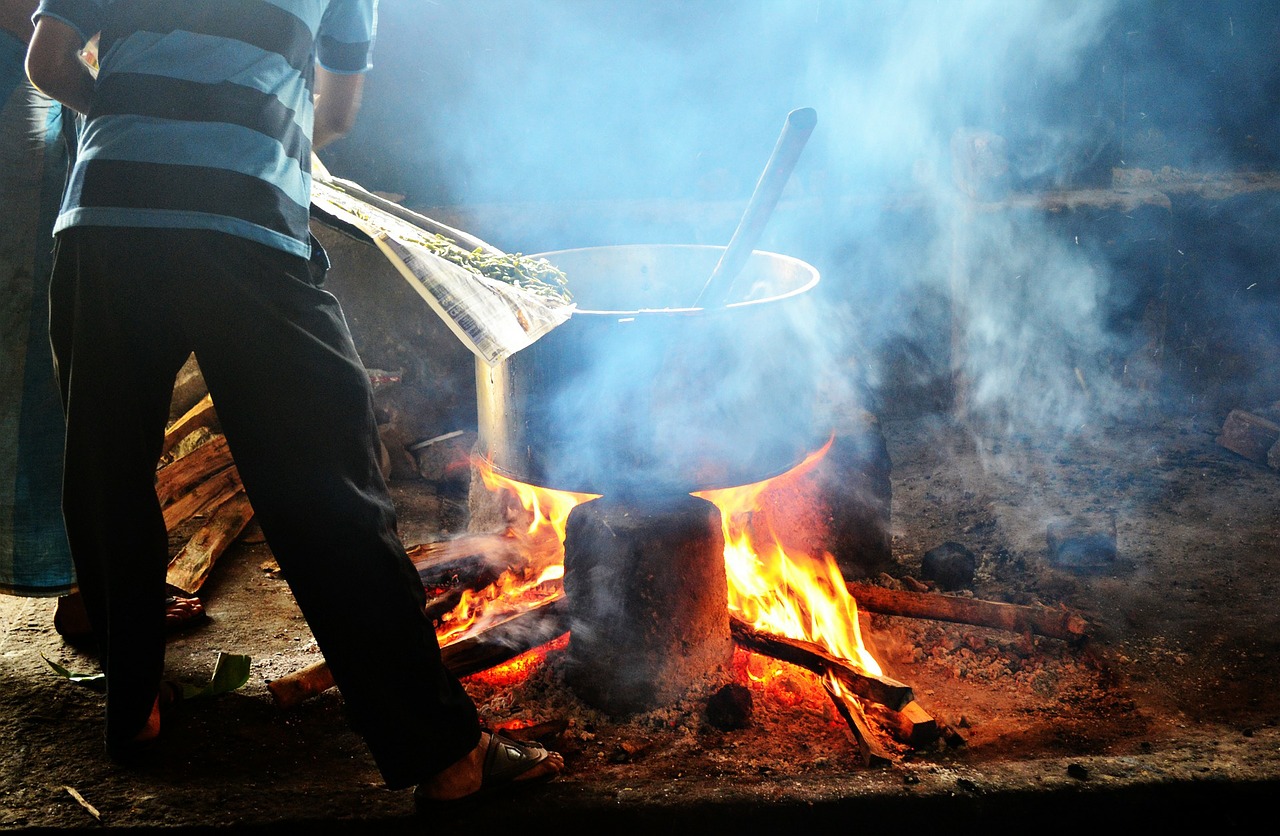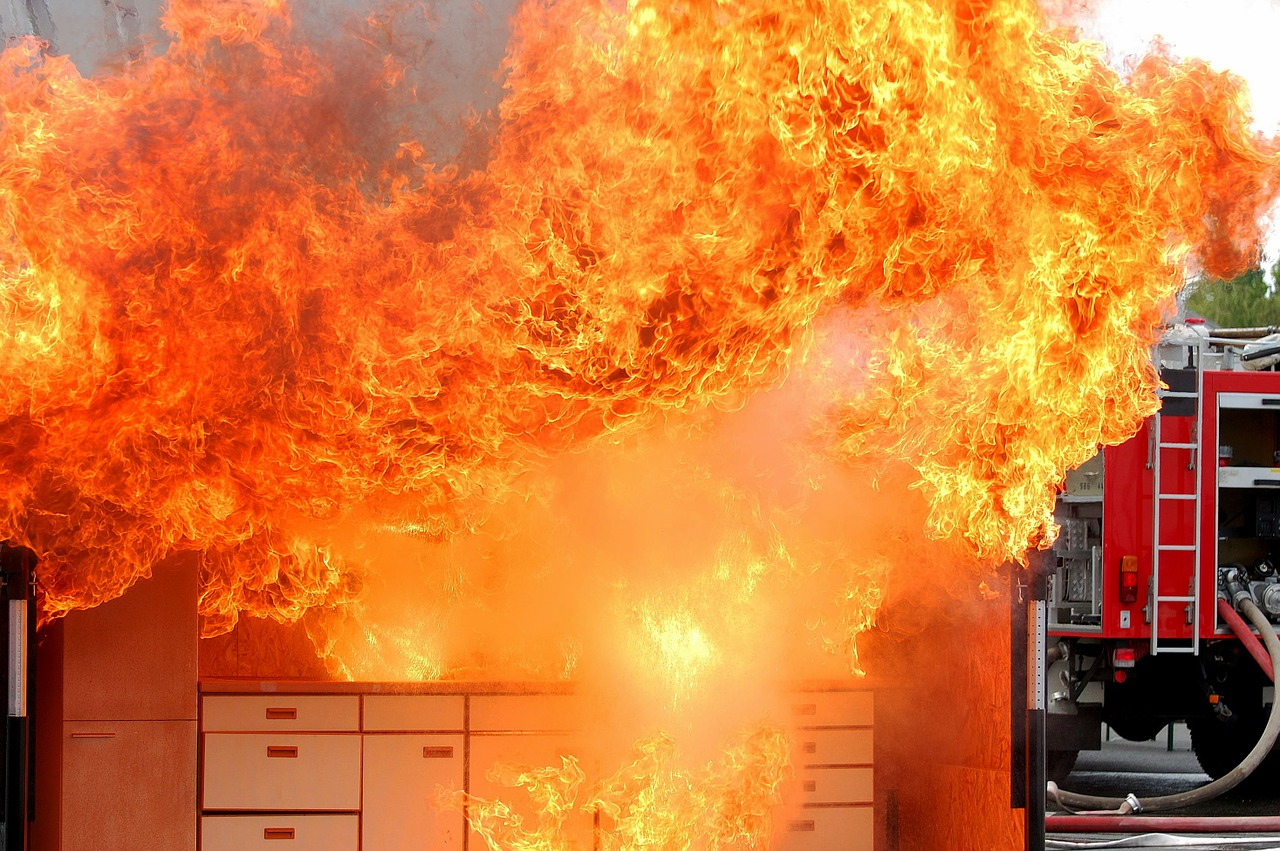Cooking is the cause of two out of every five home fires
 Cooking has long been and continues to be the most common cause of home structure fires and home fire-related injuries. Whether preparing for a family dinner or a quick snack, practicing safe cooking behaviors can help keep you and your family safe.
Cooking has long been and continues to be the most common cause of home structure fires and home fire-related injuries. Whether preparing for a family dinner or a quick snack, practicing safe cooking behaviors can help keep you and your family safe.
- Never leave your range or cooktop unattended while cooking. If you have to leave the room, turn your range or cooktop off.
- Wear short, close-fitting or tightly rolled sleeves. Loose clothing can hang down onto hot surfaces and can catch fire if it comes in contact with a gas flame or electric burner.
- Keep your cooking area clean and free of combustible materials. Food wrappers, oven mitts or other materials left on or near the stove may catch fire.
- Be sure to clean up any spilled or splattered grease. Built-up grease can catch fire in the oven or on the cooktop.
- Keep a fire extinguisher readily available. Having an extinguisher nearby is important, but you also need to have the correct type of extinguisher and know how to properly use it.
- Never throw hot grease in the garbage as it can ignite combustible materials.Be sure to let grease cool and dispose of it in an old can, such as a metal coffee can.
- Do not store food or other items in your oven. It can be easy to forget there is an item in your oven, and this could catch fire while preheating.
What to Do If a Cooking Fire Flares Up
By exercising caution at all times in your kitchen, you can help reduce the risk of a kitchen fire. But if a fire does flare up, you need to be prepared.
- Your safety should always come first. If you are unsure about whether it is safe to fight the fire, leave the scene, call 911 for help, and let the fire department control the fire.
- If a small fire flares up and you are going to attempt to extinguish it, call 911 for help first. A fire may grow out of control more quickly than you anticipate. It is safer to have help already on the way.
- Smother a grease fire – never throw water on a grease fire. The super-heated water can change to steam, and can cause severe burns. Oil also can splash and spread the fire. If a grease fire starts in a pan, smother the flames by sliding the lid – while wearing an oven mitt – over the pan. If safe to do so, turn off the heat source. Do not move the pan, and keep the lid on until the fire is out and the pan is completely cool.
- If a fire starts in your oven, keep the door closed and turn off the heat source.Keeping the door closed will help smother the flames. Do not open the door until the flames are completely out.
- If a fire starts in your microwave, turn off the microwave and do not open it until the fire is completely out. Unplug the microwave only if you can safely do so.
*Source: NFPA. “Home Fires Involving Cooking Equipment”. Marty Ahrens. 11-2013.http://www.nfpa.org/research/statistical-reports/major-causes/cooking-equipment

 When thinking of the cause of a kitchen fire, it is common to think of cooking. But not all kitchen fires start because of cooking hazards. Non-cooking related fires commonly involve refrigerators, freezers or dishwashers. The following tips can help prevent non-cooking related fires from occurring in your kitchen.
When thinking of the cause of a kitchen fire, it is common to think of cooking. But not all kitchen fires start because of cooking hazards. Non-cooking related fires commonly involve refrigerators, freezers or dishwashers. The following tips can help prevent non-cooking related fires from occurring in your kitchen.